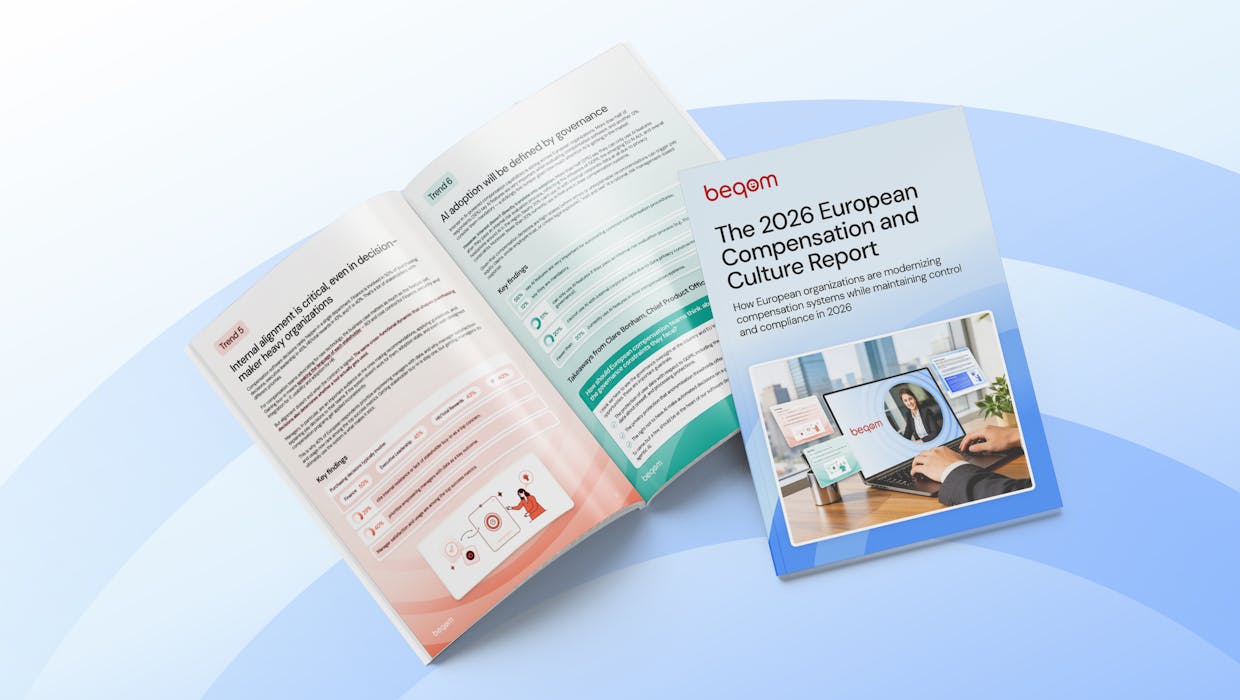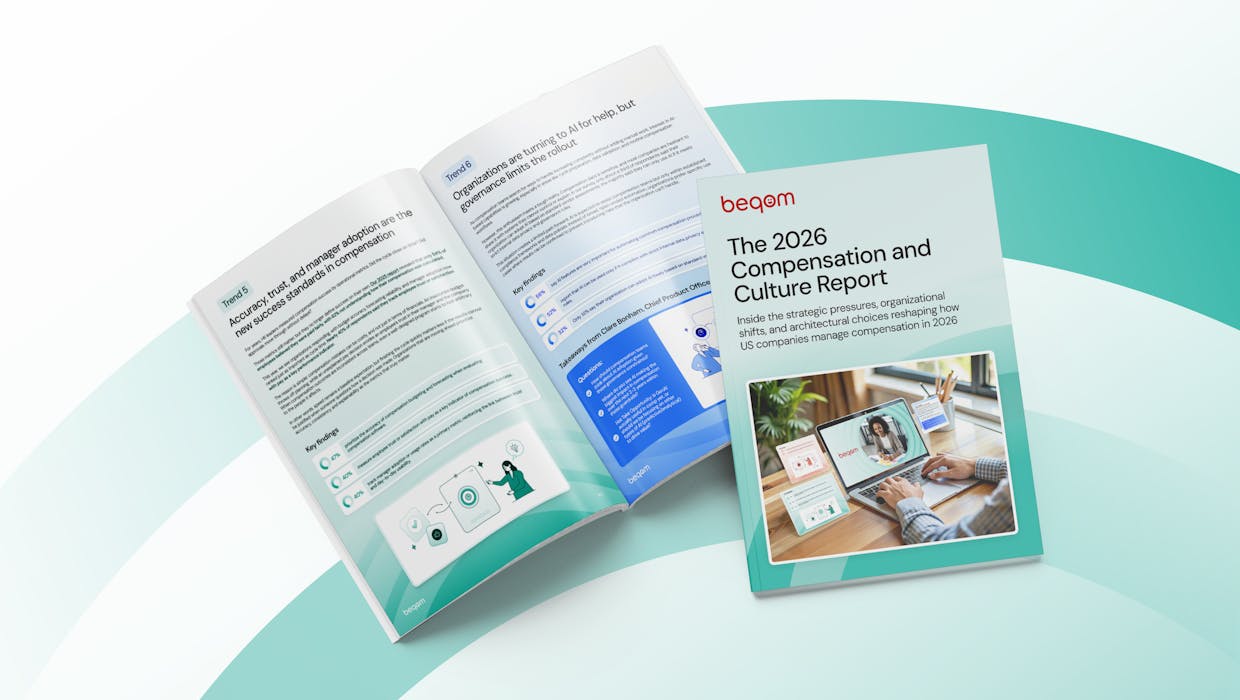Bias in Compensation Attributed to Managers’ Feelings

Learn more about the following beqom products
More than one third (34%) of workers believe their pay is determined by what their manager feels they deserve to make and not based on their performance, skill set, and experience, according to a beqom survey of 1,200 actively employed adults in the United States.
Compensation bias can be hard to detect
At a time where organizations are asking how they can make sure they’re effectively dealing with gender pay gap, racial equality, or ageism in the workforce, compensation bias is in real danger of stalling HR progression. Our survey showed that women (35%) are slightly more likely than men (33%) to believe their pay is based on their managers’ personal feelings and biases.
To counteract this perception, employers must first determine if the belief is true, which may be no easy task. When raises are granted in spreadsheets that lack checks and balances or salary pools are distributed solely at a manager’s discretion, it can be nearly impossible to determine if manager bias exists in compensation.
Pay equity analysis requires the right technology
It takes implementing true total rewards-focused technology—software powered by AI and predictive analytics and designed specifically for managing and analyzing all aspects of total comp—to support pay fairness. This technology is necessary to give HR and management insight into how pay is distributed throughout the company and how it correlates to gender, race, and other factors. In addition, total rewards management technology can allow HR leaders and managers to further uncover gaps by comparing internal pay data to external benchmarks.
Likewise, it is important for employees to know and believe that they are being paid fairly, which requires that they have visibility into how their pay was calculated. For companies that want to commit to more transparent practices around pay, investing in digital tools can help show employees how their performance contributes to their pay and what their financial growth trajectory looks like long term. By connecting the dots between pay and performance, employees can be incentivized to work harder to meet required benchmarks and earn the next boost in pay.
Fair pay can reduce costly employee turnover
Additionally, implementing AI-driven compensation technology can mitigate the risk of employee turnover, which costs businesses as much as one-third of each former worker’s annual salary to rehire. When the decisions you make are fair, market-based, and transparent, the natural result is loyalty and motivation, leading to an increase in retention of top talent.
For a playbook on achieving pay equity in your organization, download The Pay Equity Playbook: Pay Equity Actions That Matter Most to Your Workforce and show your employees you are committed to taking action to pay your workforce fairly and transparently.
Editor's note: This "greatest hits" article was originally published in April 2019.








